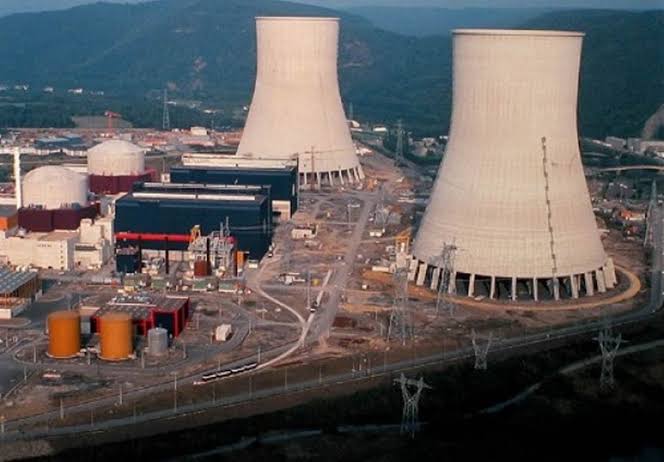On Thursday 29 August, the director general of Russia’s Rosatom, Alexey Likhachev, announced significant progress on Egypt’s Dabaa nuclear power plant project during a meeting with Prime Minister Mostafa Madbouly.
Likhachev reported that by the end of the year, approximately 30 percent of the project will be completed, emphasizing its importance to Russia and the measures being taken to stay on schedule.
What Do You Need to Know?
The Dabaa plant is located in the Matrouh governorate, about 320 kilometers northwest of Cairo. It marks a historic milestone as Egypt’s first nuclear facility and the first in Africa since South Africa’s Koeberg plant, built 40 years ago.
The establishment of the Dabaa plant represents a long-held national aspiration for nuclear energy.
Former Egyptian President Gamal Abdel Nasser first pursued nuclear development in the 1950s, laying the groundwork for a vision that has faced many political and economic hurdles over the decades.
With a projected budget of approximately USD 20 billion (EGP 970 billion) and a completion timeline targeting 2030, the Dabaa project aims to transform Egypt’s energy landscape.
Once operational, the plant is expected to generate 4.8 gigawatts of electricity, which will account for approximately 10 percent of Egypt’s energy consumption, producing around 37 billion kilowatt-hours annually.
This initiative aims to diversify Egypt’s energy resources as well as to reduce reliance on fossil fuels, which contribute significantly to air pollution.
Prime Minister Madbouly has been closely monitoring its progress, emphasizing the need for continuous support from the Russian government to accelerate implementation.
Currently, over 20,000 workers are actively engaged in construction.
Recently, the inner containment structure for the first reactor was completed, a crucial safety feature designed to protect against potential nuclear incidents.
With the first reactor expected to begin operations in 2028, the remaining units are scheduled to follow in quick succession, ensuring that the plant reaches full capacity by 2030.
Beyond meeting domestic energy needs, the Dabaa project also aims to position Egypt as a regional leader in nuclear energy. The cooperation with Russia highlights the strengthening of bilateral relations and represents Egypt’s commitment to harnessing nuclear technology for peaceful purposes.
This aligns with global trends toward sustainable energy solutions, as countries seek to reduce carbon emissions and combat climate change.



Comments (0)